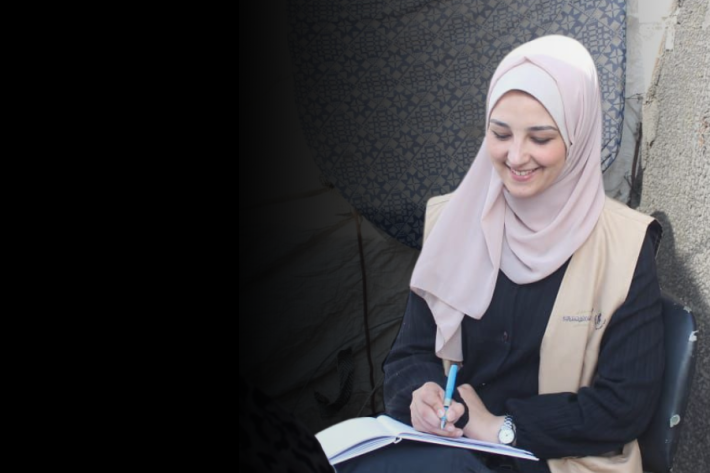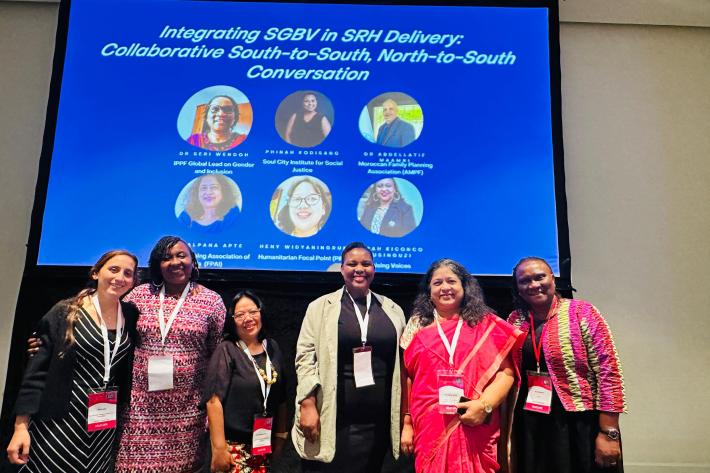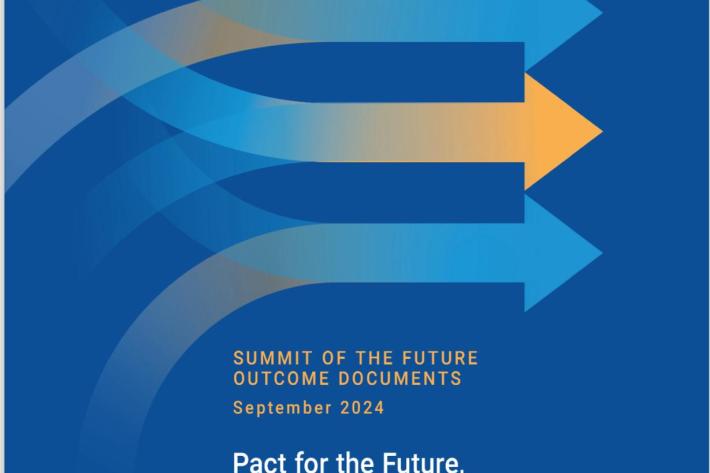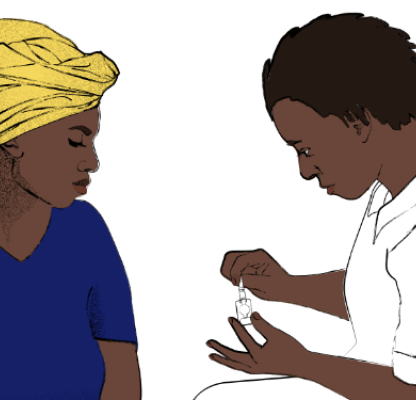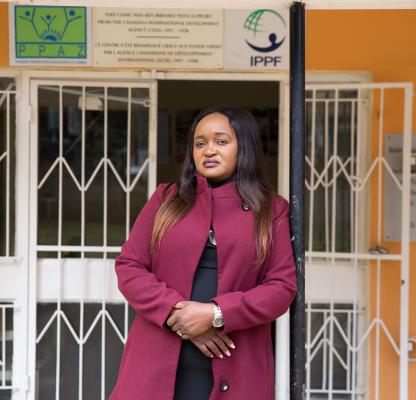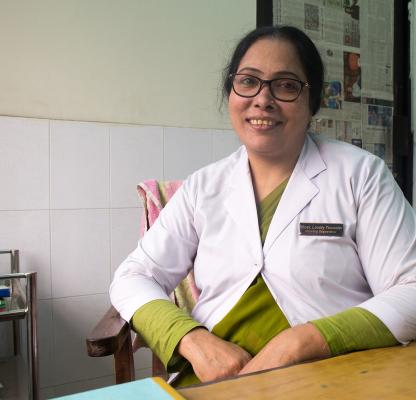
Latest Blogs
A selection of blogs from across the Federation

The Battle of Reframing: How anti-choice groups manipulate language to try to control the narrative
Reframing is one of the most powerful tools we have. Anti-choice movements have nefariously hijacked terms like “life” and “choice,” but we must reclaim them with accuracy and power.
22 July 2021
Like many of our Member Associations, Planned Parenthood Association of Zambia (PPAZ), acted swiftly in March 2020 to develop a new and efficient strategic approach to healthcare delivery for its clients. PPAZ introduced an initiative that, for the first time, offered self-managed contraceptive care to women and young people.
06 August 2018
For 50 years, the Planned Parenthood Association of Zambia (PPAZ) has provided sexual and reproductive health care, including contraception, safe abortion, HIV treatment. The reinstatement of the Global Gag Rule by the US administration has forced the organisation to shut down life-saving services to key populations.
20 June 2018
IPPF are working with local organisations in Bangladesh to help meet the sexual and reproductive healthcare needs of the Rohingya.
08 February 2018
In Bangladesh menstrual regulation, the method of establishing non-pregnancy for a woman at risk of unintended pregnancy, has been a part of the country’s family planning program since 1979 and is allowed up to 10–12 weeks after a woman’s last menstrual period.











